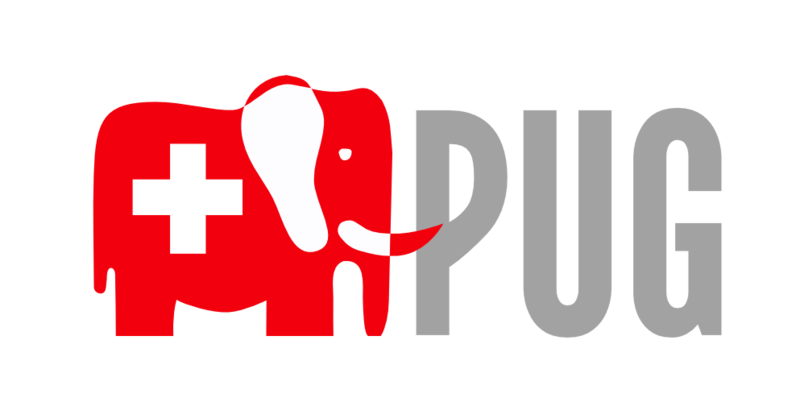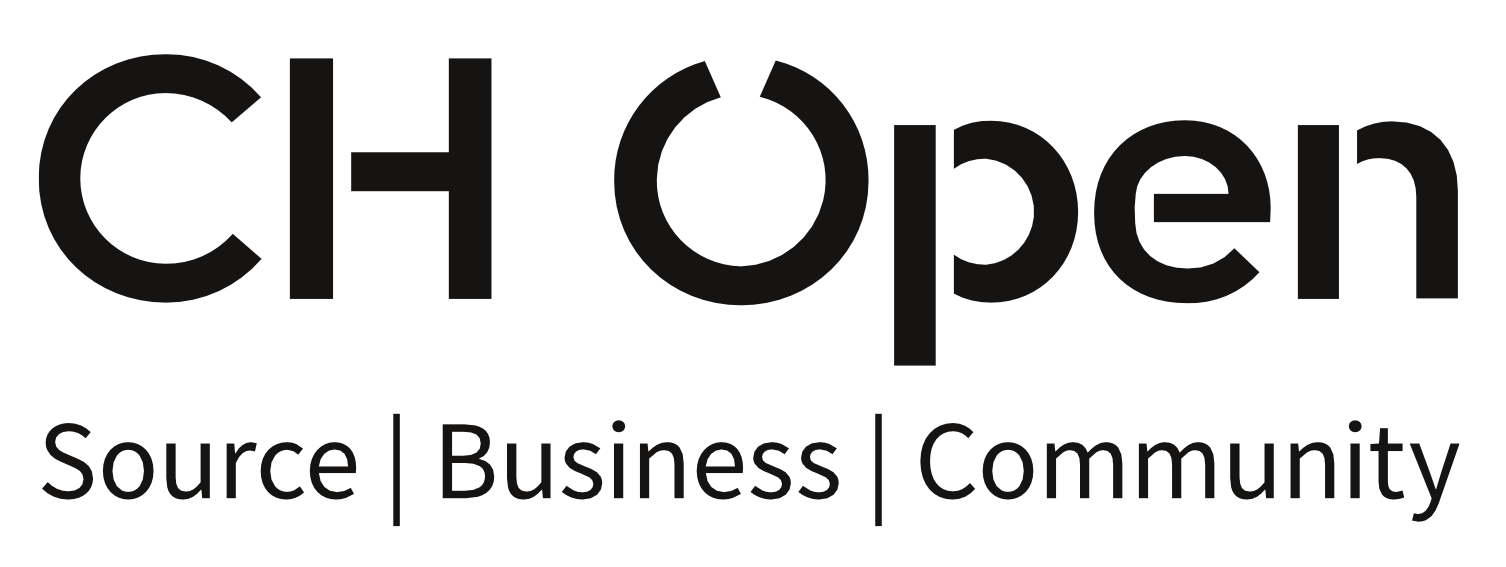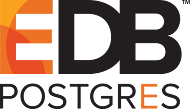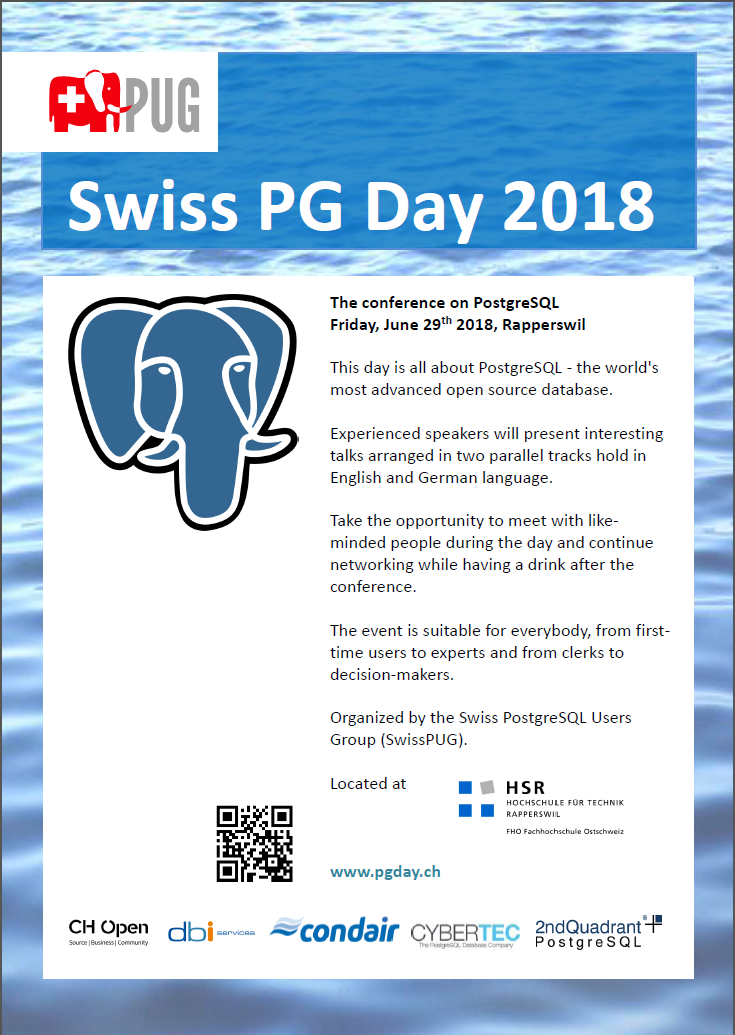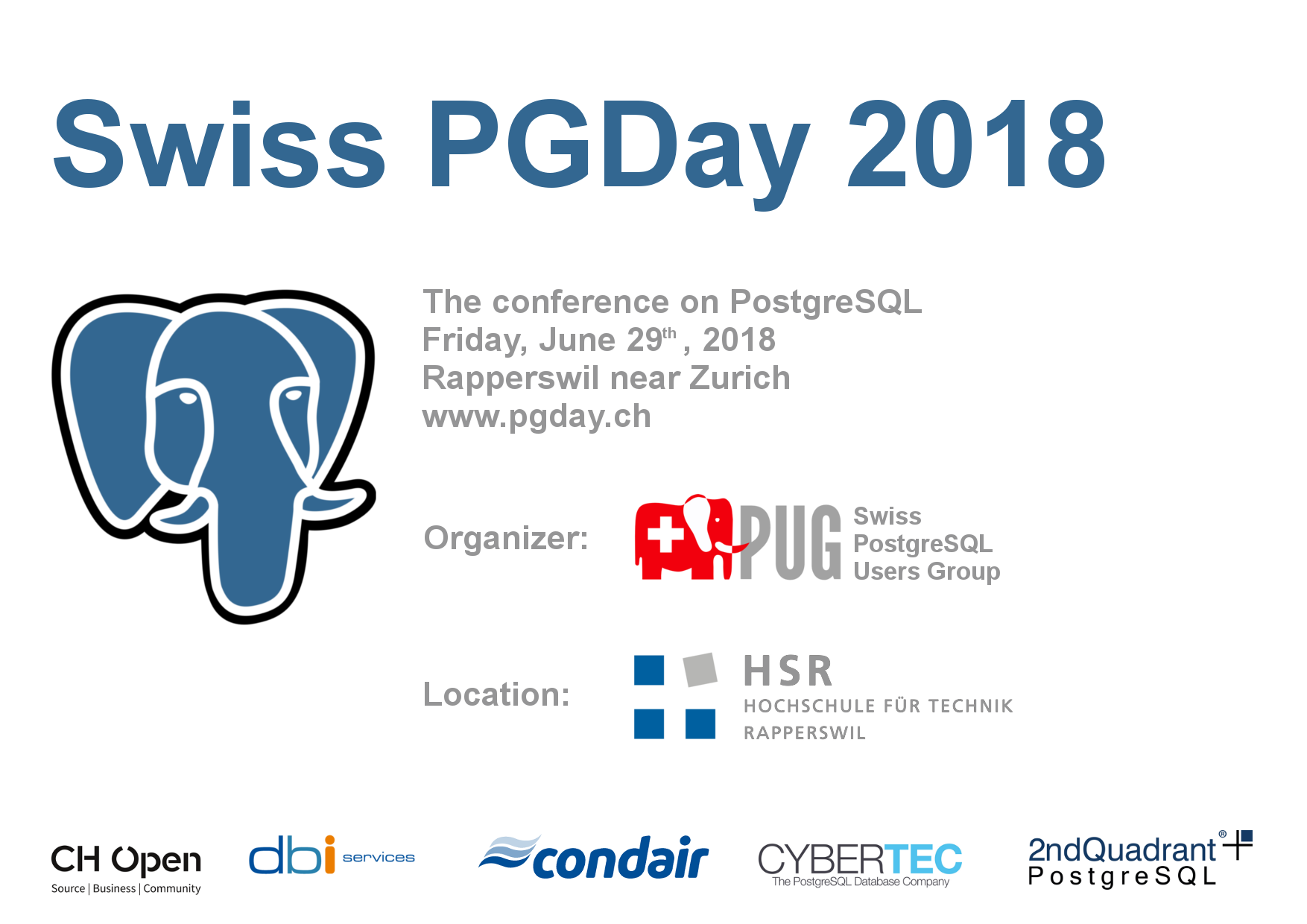| Zeit |
German Track - Room 5.001 |
English Track - Room 5.002 |
| 08:15 - 08:50 |
Registration - Building 1 |
| 08:50 - 09:00 |
Welcome: Stefan Keller (HSR) - Room 5.002
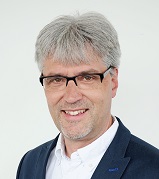
Stefan Keller
Professor for information systems, founder and head of Geometa Labs. Keller is a member of the Swiss PGDay board and involved in various open source projects such as PostGIS and QGIS and open data initiatives, e.g. OpenStreetMap. Besides, he is generally interested in geographic data and their visualization as well as in the the integration of open source and proprietary solutions (e.g. QGIS and ArcGIS).
Professor für Informationssysteme sowie Leiter und Gründer des Geometa Labs. Ist u.a. Mitglied des Swiss PGDay OK und engagiert in verschiedenen Open Source Projekten (z.B. PostGIS und QGIS) und Open Data (v.a. OpenStreetMap). Zudem interessieren ihn allgemein Geodaten und Geovisualisierung sowie die Integration von Open Source und proprietärer Software (z.B. QGIS und ArcGIS).
Slides
Picture
|
| 09:00 - 09:50 |
Laurenz Albe, Linux Control Groups für PostgreSQL

Laurenz Albe
Mit Linux Control Groups ("cgroups") kann man Betriebssystemresourcen für Prozeßgruppen beschränken. Dieser Vortrag beschreibt die Architektur von Control Groups und zeigt, wie man sie sinnvoll für PostgreSQL nutzen kann. Eine neue Extension "pg_cgroups" wird vorgestellt, die die einfache Administration von Control Groups über postgresql.conf ermöglicht, ohne Systemadministratorrechte zu erfordern.
PostgreSQL contributor, senior database engineer and maintainer of oracle_fdw and pgreplay.
Slides
|
Marion Schleifer, Using GraphQL on top of Postgres

Marion Schleifer
Many programmers are looking for new opportunities now that serverless is becoming more popular. I will introduce Hasura which provides you with an open source GraphQL engine that runs in a Docker container. Hasura connects to the Postgres database that is created with the project. Thus, it offers instant realtime GraphQL on Postgres as a serverless backend option that can be connected to any frontend framework.
Marion is a full-stack developer working mainly with web technologies. She studied translation and changed careers to software development four years ago. She holds a Masters degree in Business Administration and an MAS in Software Engineering (HSR). Because she realised that the tech industry is by far not diverse enough, she co-founded Women Techmakers and Ruby Monstas. She feels that a diverse workspace is favourable for the team, as well as for the final product.
Slides
Picture
|
| 10:00 - 10:50 |
Norbert Wessel, PostgreSQL als Teil eines Stacks des skalierbaren Open Source ERP Systems metasfresh
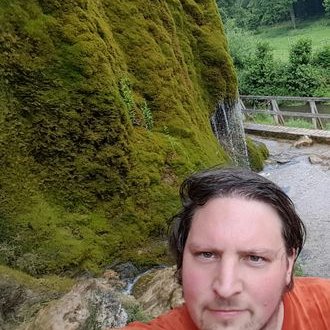
Norbert Wessel
Das quelloffene ERP/CRM System metasfresh hat seit Anbeginn auf Postgres als Datenbank gesetzt und Support für z.B. Oracle auslaufen lassen. Die Anforderungen an die Leistungsfähigkeit des DBMS seitens metasfresh sind enorm hoch weil nicht nur sämtliche Masken aus der Datenbank gerendert werden, sondern auch noch große Tranaktionen über verschiedene Tabellen in hoher Zahl ausgeführt werden müssen. Die asynchrone Verarbeitungslogik mit Mulithreading stellt höchste Ansprüche an die Datenbank. In diesem Vortrag geht es darum in welcher Konstellation Postgres innerhalb des metasfresh Stacks eingesetzt wird - als Anwendungsbeispiel für diese großartige Datenbanksoftware.
ERP Nerd. fulltime innovator and open source enthusiast @metasfresh ERP. Co-founder of metas GmbH.
Slides
Picture
|
Hervé Schweitzer, PostgreSQL tuning for Oracle DBAs
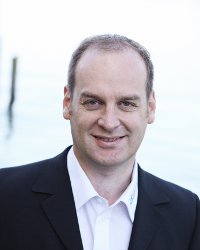
Hervé Schweitzer
Tuning a database system mostly comes down to the same areas, no matter which database system it is about: Optimizer features/bugs, badly written SQL, understanding database parameters and as a final resort: Storage and operating system (mis-)configuration. PostgreSQL is no exception to that but when you try to tune PostgreSQL with a pure Oracle background there are some similarities but also major differences. One area which commonly is misunderstood is what optimizations the PostgreSQL optimizer is able to do and what it is (currently) not able to do. This is a hard lessons learned session of my long time Oracle DBA experience.
Hervé Schweitzer has more than ten years of experience in database and infrastructure management, engineering, and optimization. He is specialized in Oracle technologies such as standardisation, Backup and Recovery, Tuning, and in High Availability solutions such as Oracle Data Guard, Oracle Grid Infrastructure, Oracle Real Application Clusters (RAC), Oracle GoldenGate, and Oracle Failsafe. Hervé Schweitzer is “Oracle Certified Master 11g (OCM 11g)”.
Prior to joining dbi services, Hervé Schweitzer was Senior Consultant at Trivadis in Basel. He also worked as an IT Administrator and Oracle DBA at Crossair in Basel.
Hervé Schweitzer holds a BTS degree in Information Systems from France.
His branch-related experience covers Pharma, Transport and Logistics, Banking, Energy, Automotive etc.
Slides
Picture
|
| 11:00 - 11:50 |
Daniel Westermann, [x],[y],zheap - What is it good for?
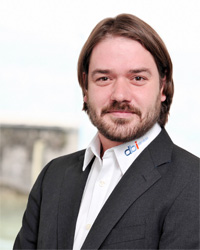
Daniel Westermann
Traditionally PostgreSQL stores relations in a format called heap. This comes with advantages, but also drawbacks. One of the downsides is, that every PostgreSQL DBA at some point in time needs to deal with bloat. zheap promises to mostly eliminate bloat but in addition claims to be better for certain kinds of workloads. In various demos we'll go through the architecture of zheap, highlight the advantages and then do some tests for comparing heap and zheap.
Daniel Westermann hat mehr als zehn Jahre Erfahrung im Management, im Engineering und in der Optimierung von Datenbanken und Infrastrukturen. Er ist spezialisiert in Oracle Technologien wie Performanceoptimierung und Tuning, Standardisierung, Backup & Recovery, in Hochverfügbarkeitslösungen wie Oracle Real Application Clusters (RAC), Oracle Data Guard, Oracle Grid Infrastructure, sowie in Storagetechnologien wie Oracle Automatic Storage Management (ASM). Daniel Westermann ist Oracle Certified Professional 10g/11g/12c.
Vor seinem Eintritt bei dbi services war Daniel Westermann Management System Engineer bei LC SYSTEMS-Engineering AG in Basel. Zuvor arbeitete er als Oracle Entwickler und Projektleiter bei Delta Energy Solutions AG in Basel (Heute Powel AG).
Daniel Westermann verfügt über ein Wirtschafts-Informatik-Diplom (DHBW, Deutschland). Seine Branchenerfahrung umfasst Pharma, Banken, Energie, Lotterie, Telekommunikation.
tar.gz files with scripts
Picture
|
Fırat Güleç, Built-in Physical and Logical Replication in PostgreSQL
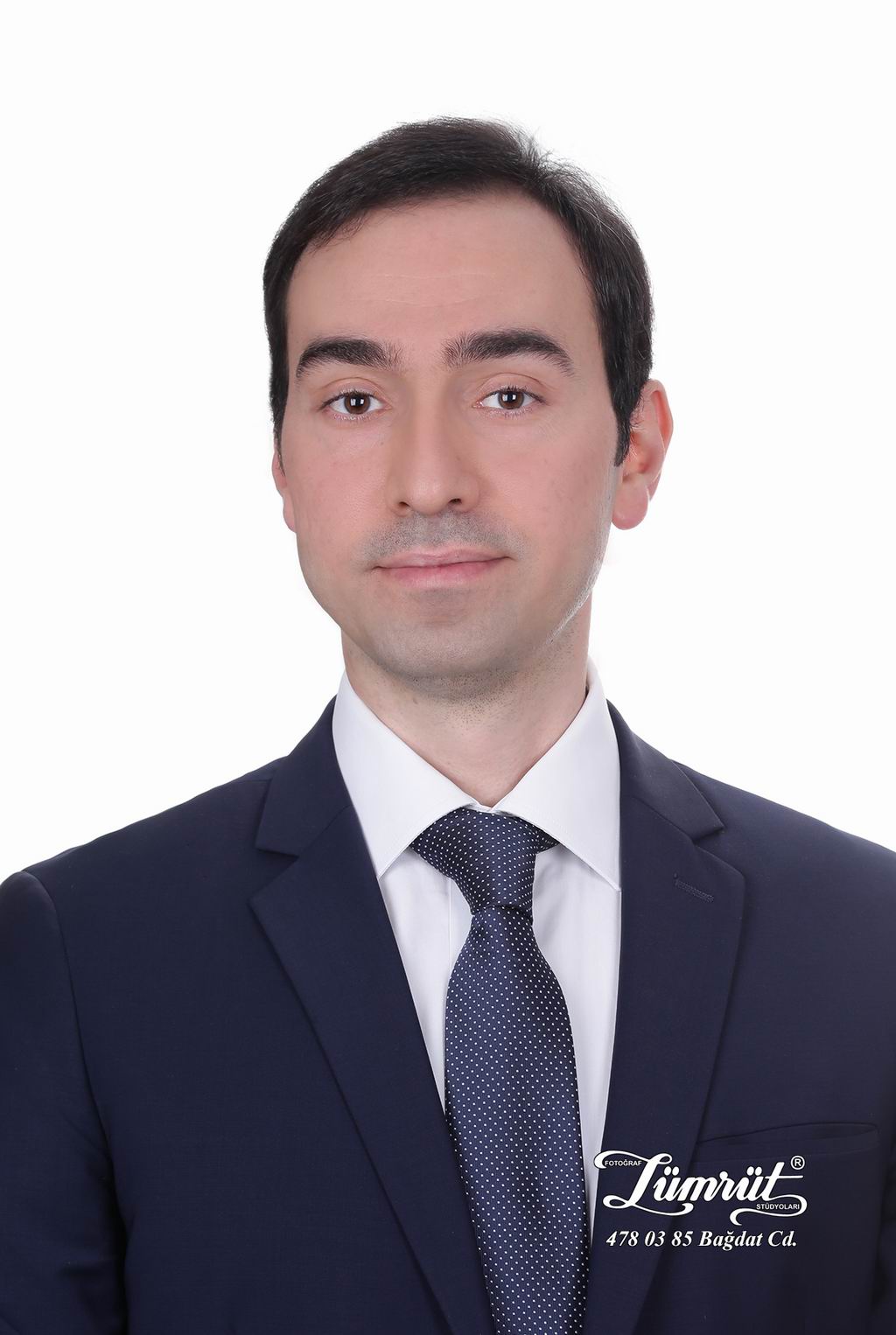
Fırat Güleç
Why do we need Replication? How many replication layers do we have? Understanding milestones of built-in Database Physical Replication. What is the purpose of replication? and How to rescue system in case of failover? What is Streaming Replication and what is its advantages? Async vs Sync, Hot standby etc. How to configurate Master and Standby Servers? And What is the most important parameters? Example of topoloji. What is Cascading Replication and how to configurate it? Live Demo on Terminal. Quorum Commit for Sync Replication etc. What is Logical Replication coming with PostgreSQL 11? And What is its advantages? What is the purpose of Logical replication? How to set up Logical Replication and What are its benefits? Limitations of Logical Replication Logical Replication vs Physical Replication in detail. 10 Questions quiz and giving some gifts to participants according to their success.
Fırat Güleç graduated from Information System Engineer, a joint program of ITU and Binghamton University. After graduation I did Oracle ERP Software Consultancy for about 1 year. Then I worked as an Oracle Apps DBA in Turkcell for 5 years. During this time, I completed the MBA program at the University of Galatasay. Now; I work as the Infrastructure and Database Manager of Hepsiexpress. For the last three years, I have contributed to the PostgreSQL and Open Source Society.
Slides
Picture
|
| 12:00 - 12:50 |
Hans-Jürgen Schönig, PostgreSQL Security: Vom Anfang bis zum Ende

Hans-Jürgen Schönig
PostgreSQL Security ist ein Thema, das immer wichtiger wird. Um richtig an Security heran zu gehen, ist es wichtig, einige grundlegende Konzepte zu verstehen. Auch einige Fallstrick sollten nach Möglichkeit vermieden werden. Dieser Vortrag gibt einen grundsätzlichen Überblick über die Security Features von PostgreSQL.
Hans-Jürgen Schönig hat 20 Jahre Erfahrung im PostgreSQL Umfeld und betreut seit vielen Jahren Kunden weltweit bei der Einführung von PostgreSQL.
Slides
Picture
|
Hubert Zhang, PL/Container: Customize And Secure The Runtime Of PL/Pyhon AND PL/R

Hubert Zhang
PL/Python and PL/R are widely used by data scientist to analyze data in Postgresql. Traditionally, PL/Python and PL/R are implemented as UDF and will be run inside the backend process. As a result, bugs or malicious code may corrupt the whole database. We propose a new way of sandboxing the execution of PL/Python and PL/R in Postgresql. PL/Container allows a user to run a UDF inside a docker container. The container is a mechanism which can isolate the execution process in a separate environment, and provides the isolation of namespace along with allowing a non-admin user to create the UDF. This enables us to decouple the data processing. SQL operators such as "scan," "filter," and "project" are executed at query executor side, while advanced data analysis is executed at container side. Additionally, multiple versions of Python and R could be supported at the same time by PL/Container. For example, a user could build an Anaconda image to simplify data analysis tasks. Project link: https://github.com/greenplum-db/plcontainer
Hubert is a staff software engineer at Pivotal. He received his Master Degree at Peking University, with a major in artificial intelligence. He is most interested in database systems and distributed computing platform.
Slides
Picture
|
| 12:50 - 14:00 |
Lunch - Location Mensa building 4 |
| 14:00 - 14:50 |
Daniel Salem, SQL-Injection? -- Na, klar doch!!

Daniel Salem
Wer SQL-Injection verhindern will, sollte wissen, wie sie funktionieren. Wer weiss, wie professionelle SQL-Injection funktioniert, weiss einiges über Datenbankstrukturen. Dieses Wissen hilft reguläre Analysen einer Datenbank durchzuführen. Damit entlarven wir DB-Bastler & -Pfuscher. Für diese ist dieser Vortrag nicht geeignet ;-)
Dr. Daniel Salem Daten- & Prozess-Ingenieur DevOp DatawareHouse Statistik (R, SAS) Web
Slides
Picture
|
Miroslav Šedivý, A Day Has Only 24±1 Hours
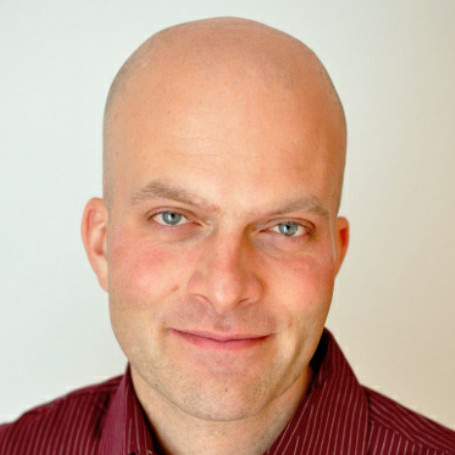
Miroslav Šedivý
On the last Sunday of October we may get "one more hour of sleep", but also may spend much more time debugging application code dealing with the time zones, daylight saving time shifts and datetime stuff in general. We'll look at a few pitfalls you may encounter when working with datetime objects in PostgreSQL. We'll discuss the difference between the TIMESTAMP WITH and WITHOUT TIMEZONE types and discover where the time zone information comes from. You'll see that even if you do everything correctly, there may be some potential problem hidden somewhere and you'll be unable to solve it by any computational means. This talk contains 20% SQL and 80% history and politics.
Senior Software Developer at solute GmbH. Imports psycopg2 or asyncpg and prefers psql cli. hjkl juggler and languages enthusiast.
Slides
Picture
|
| 15:00 - 15:50 |
Roland Stirnimann, Oracle nach PostgreSQL – Ein Reiseführer aus der Praxis?
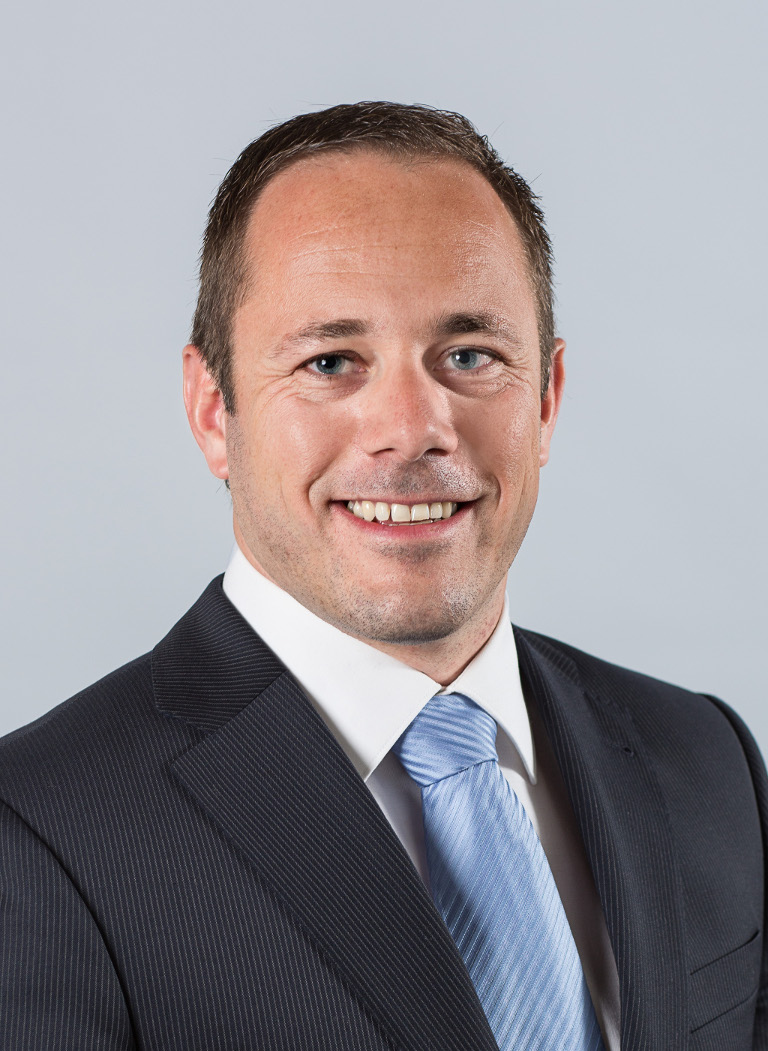
Roland Stirnimann
Viele unserer Kunden machen sich aktuell Gedanken PostgreSQL als Alternative zu ihren bestehenden RDBMS wie Oracle anzubieten. Dies führt schnell zur Frage: Wie komme ich von Oracle nach PostgreSQL und vor allem wo fange ich am besten an? Gerade in grossen Umgebungen ist es zu Beginn hilfreich schnell einen Überblick zu bekommen für welche Datenbanken eine Migration eher einfach bzw. schwer möglich ist. Der Aufwand einer Migration hängt zudem stark davon ab, ob PostgreSQL (Community) oder EDB Postgres Advanced Server verwendet wird. Ich zeige in diesem Vortrag Erfahrungen aus zwei konkreten Projekten auf, welche mit den beiden unterschiedlichen PostgreSQL «Versionen» (Community und EDB) durchgeführt wurden. Zusätzlich werde ich auch auf die dafür verwendeten Tools eingehen.
Roland Stirnimann befasst sich seit rund 15 Jahren mit der Implementierung von hochverfügbaren Oracle-Datenbank-Plattformen. Seit einiger Zeit ist auch Postgres in seinen Fokus gerückt, primär im Kontext von Oracle zu Postgres Migrationen. Zudem setzt Roland seine Schwerpunkte auf die Automatisierung und Standardisierung solcher Umgebungen mittels Infrastructure-as-a-Code und CI/CD. Seine langjährige Erfahrung hilft Kunden praxisnahe Lösungen zu planen und deren Umsetzung zu begleiten.
Slides
Picture
|
Claire Giordano, Why Postgres Why This Database Why Now?
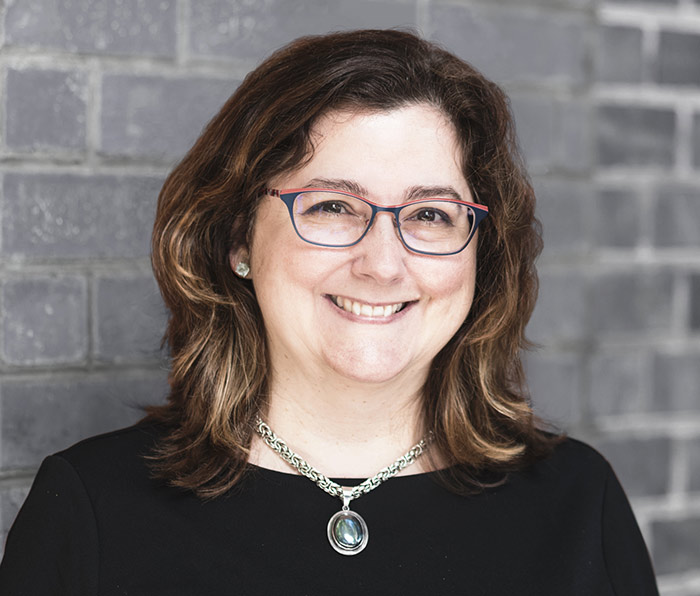
Claire Giordano
I spent the early part of my career working on developer tools, operating systems, high-speed file systems, and scale-out storage. Not databases. Frankly, I always thought that databases were a bit boring. So almost 2 years in to my new job at a Postgres company, I continue to be amazed at the enthusiasm of the PostgreSQL developer community and users. I mean, people’s eyes light up when you ask them why they love Postgres. Sure, a lot of us get animated when talking about our newest gadget, or Ronaldo’s phenomenal free-kick goal in the World Cup, or mint chip gelato from La Strega Nocciola—but most platform software simply doesn’t trigger this kind of passion. So why does Postgres? Why is this open source database having such a “moment”? Well, I’ve been trying to understand, looking at this “Postgres moment” from a few different angles. In this talk I’ll share what I’ve observed to be the top 10 business, technology, and community reasons so many of you have so much affection for PostgreSQL.
Claire Giordano is a Principal PM Manager on the Citus team at Microsoft. Prior to the Microsoft acquisition of Citus Data in Jan 2019, Claire was VP of Marketing at Citus Data, where she led the team to raise awareness about the worry-free Postgres database that is Citus. Claire has served in leadership roles in engineering, product management, and marketing at Citus Data, Sun Microsystems, Quantum, and A9, an Amazon company. At Sun, Claire managed the engineering team that created Zones, and led the effort to open source Solaris. Claire’s career in tech started in Providence, where she earned an Sc.B. in Applied Mathematics & Computer Science from Brown University.
Slides
Picture
|
| 16:00 - 16:50 |
Keynote: Gianni Ciolli, High Availability with PostgreSQL - Room 5.002
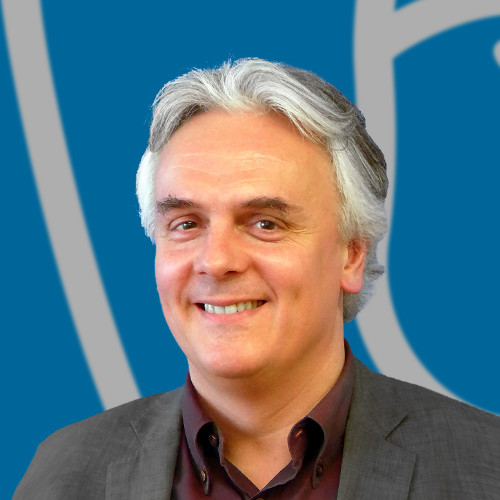
Gianni Ciolli
Gianni Ciolli is the head of Professional Services at 2ndQuadrant. PostgreSQL consultant, trainer, and speaker at many conferences in Europe and abroad in the last 10 years, he has a PhD in Mathematics from the University of Florence. He is active in the free and open source software community since the 1990s. He lives in London with his son and is frequently in Zürich.
Picture
|
| 16:50 - 17:00 |
Closing: Stefan Keller (HSR) - Room 5.002

Stefan Keller
Professor for information systems, founder and head of Geometa Labs. Keller is a member of the Swiss PGDay board and involved in various open source projects such as PostGIS and QGIS and open data initiatives, e.g. OpenStreetMap. Besides, he is generally interested in geographic data and their visualization as well as in the the integration of open source and proprietary solutions (e.g. QGIS and ArcGIS).
Professor für Informationssysteme sowie Leiter und Gründer des Geometa Labs. Ist u.a. Mitglied des Swiss PGDay OK und engagiert in verschiedenen Open Source Projekten (z.B. PostGIS und QGIS) und Open Data (v.a. OpenStreetMap). Zudem interessieren ihn allgemein Geodaten und Geovisualisierung sowie die Integration von Open Source und proprietärer Software (z.B. QGIS und ArcGIS).
Slides
Picture
|
| 17:00 - |
Apéro - Cafeteria in building 1
|
Looking for people or a new job? Near the registration desk you'll find a whiteboard open to sponsors, companies and conference participants to post potential job offers, resumes, company profiles and the like. If you float around this during the breaks you can likely get in contact with each other. We ask our sponsors to show some presence there.
